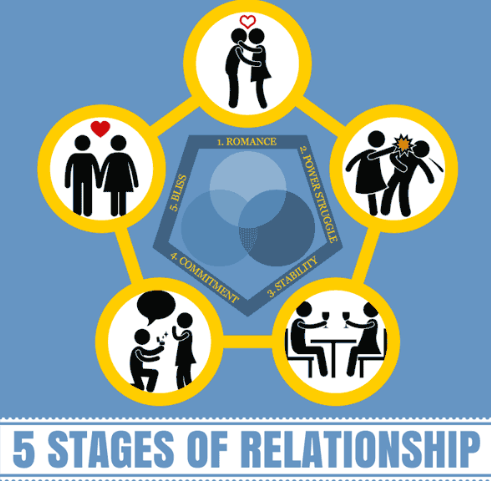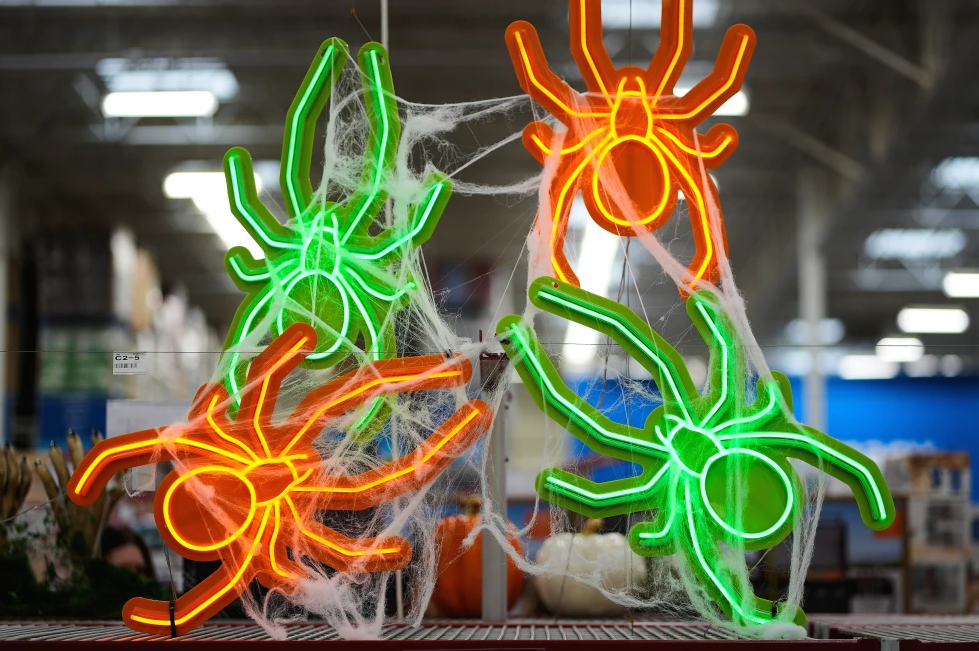The 5 Stages Every Relationship Goes Through — And What They Teach Us
From the butterflies of first meeting to deep, unfiltered acceptance, relationships have a natural rhythm and evolution. As we grow and change, so do our connections with others. While challenges may arise, so do new joys, making each stage a vital part of building a meaningful partnership.
Psychologist Mark Travers, Ph.D., shares insights with Forbes on the five key stages relationships typically pass through—each filled with its own challenges and beauty. Embracing these phases mindfully can help you nurture a lasting, authentic bond.
Stage 1: The Honeymoon Phase (0–6 months)
This is the spark, where everything feels magical. Conversations flow effortlessly, arguments are rare, and your partner seems perfect. The intense attraction and desire for constant contact are natural during this initial stage. However, Travers advises maintaining realism—overdependence can cloud judgment and hinder healthy decision-making.
Tip: Be honest early on about your needs and values. Building trust through transparency sets a strong foundation for the future.
Stage 2: Exploration and Reality Check (6 months – 2 years)
As the excitement settles, reality sets in. You begin to see your partner’s true self—the good and the challenging. Minor disagreements may surface, and differences previously unnoticed become more apparent. Travers notes that this stage tests the resilience of your relationship, bringing doubts and insecurities.
Tip: Approach conflicts with understanding, and work together to find solutions. Set shared goals to strengthen your bond.
Stage 3: Adjustment and Stabilization (After 2 years)
Daily routines become familiar and steady. This phase is about learning to live together, share responsibilities, and balance individual needs with relationship demands. Research highlights that unequal sharing of chores can diminish sexual desire, especially for women.
Tip: Foster fairness in responsibilities and give each other space to grow. Respecting individuality enhances your connection.
Stage 4: The Commitment Phase (After 2 years)
Here, love is a conscious choice rather than mere chemistry. Comfort and familiarity deepen, but attentiveness remains essential. Travers emphasizes that intimacy doesn’t fade; it evolves. Small gestures and shared experiences reinforce your commitment.
Tip: Celebrate your journey—plan dates, travel, try new activities together. Focus on appreciating what you’re building now.
Stage 5: Acceptance and Deep Connection (After 5 years)
This stage embodies peace, stability, and genuine acceptance. You recognize and embrace each other’s strengths and flaws, creating a safe haven. Yet, maintaining independence and outside friendships remains vital for personal growth and relationship health.
Tip: Regularly express gratitude through simple acts and words. These gestures nurture a relationship built on depth and enduring love.
In summary: Relationships are a journey through distinct but interconnected stages. Embracing each phase with mindful awareness helps cultivate a love that’s resilient, authentic, and deeply fulfilling.




